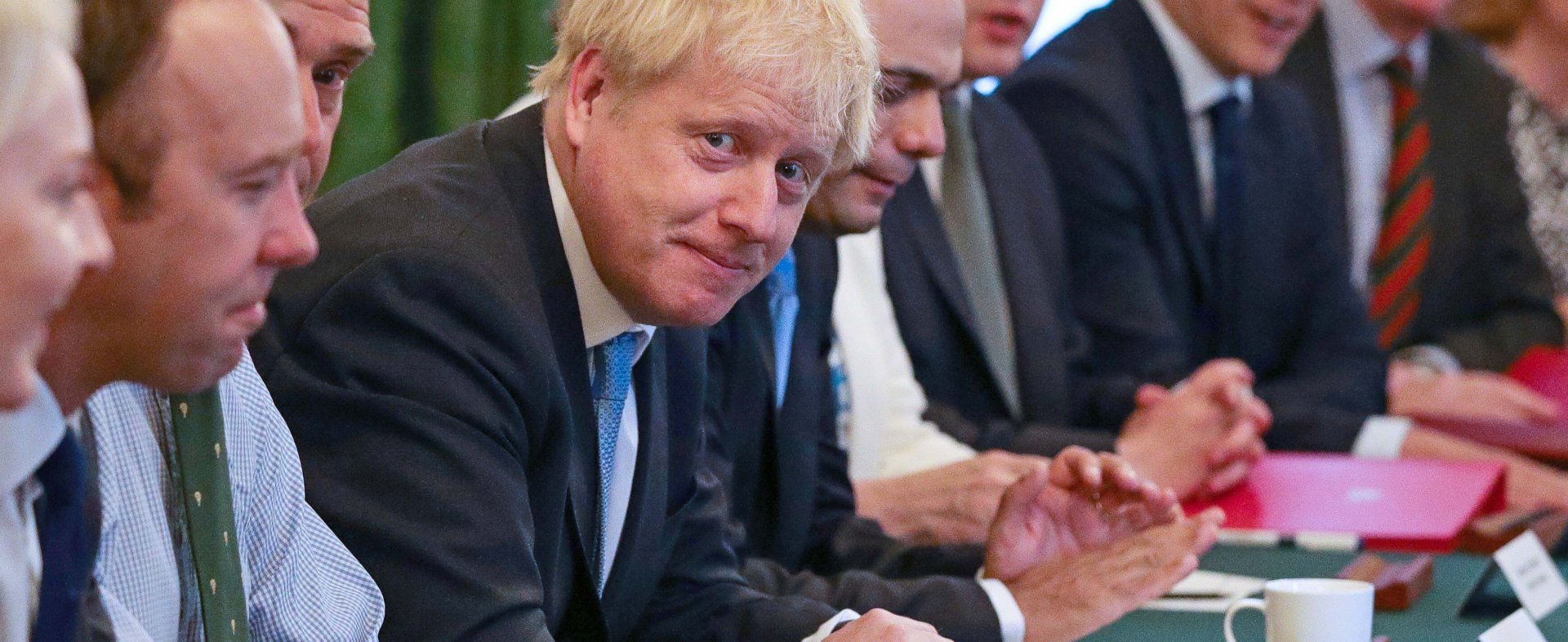Johnson must tread a narrow path in his first 100 days. Like so many things in British politics today, the idea of a ‘first 100 days’ is borrowed from the US. Invented by Franklin D. Roosevelt and used by subsequent presidents to inject a sense of urgency into new premierships, it has been part of the British political lexicon since a youthful Tony Blair looked across the pond for inspiration.
For Prime Minister Johnson the number could not be more significant. From the day his premiership started through to Brexit day on 31st October is exactly 100 days. So how will he spend his first three-and-a-bit months, if he gets that far?
His initial task was to bring together a functioning government. Given the walkout of some Cabinet and other ministers, assembling a ‘government of all the talents’ was always going to be a stretch. But he’s gone much further than expected, brutally so, and packing the Cabinet with resolute Brexiteers suggests he is warming up for a general election. It’s a team geared towards a Brexit-based contest not a long spell of administration. While the ideological bent of the new Cabinet might put some off, we can all applaud an increased number of women and people from ethnic minorities, including two of the great offices of state.
His challenges now are ones of political strategy, as well as party management. They fall into three categories: domestic, economic, and Brexit.
The next few weeks will involve devising and delivering a multi-layered Brexit strategy that is built on the foundation of serious planning for No Deal.
Everyone who wants Brexit to happen understands that Theresa May’s main strategic error was failing to prepare for No Deal properly. This oversight ended her premiership and crippled the Tories’ vote at the Euros. PM Johnson will not make the same mistake.
Delivering his promise to leave by 31st October is not in his hands alone, but promising to do so – as he did again on the steps of No.10 – is essential both to his brand and the Tory Party’s prospects at a general election. If Parliament tries to stop him fulfilling his pledge then he will go down swinging – do or die.
PM Johnson wants to avoid this scenario, and so alongside the no deal planning will be a serious effort – above and below the radar – to put together both a new deal and a new coalition that might support it.
If this sounds like an impossible task, then remember that one of Johnson’s main political attributes is an ability to make a broad variety of people think he supports their particular perspective to the hilt.
Being ready for no deal involves having a sympathetic and imaginative Chancellor, something Theresa May could never rely on. We can be reasonably confident that Chancellor Javid is prepared to use the dividend of 10 years of austerity to prepare the economy for long-term challenges, making some big plays on housing, infrastructure, skills, R&D and productivity in his first Budget.
Domestic policy is the big lacuna, and few know what to expect apart from a slew of high level promises, but this is where his biggest non-Brexit decision must be made. There are two schools of political theory in the Party. They are exemplified by Liz Truss on one hand and Michael Gove on the other. The Truss worldview – seemingly dominant in the Cabinet – sees the Conservatives vigorously championing economic liberalisation, in homage to Thatcher, and trying to persuade freedom-loving urban millennials to embrace the Party.
The Gove-ite view is quite different. It sees the Party’s future voters as being more concerned with security than freedom, living in towns not cities, and looking for more spending on public services rather than tax cuts.
How PM Johnson chooses between these worldviews will determine how he fares in the next general election. Or at least it will if the country can get beyond Brexit, because if PM Johnson is forced to the polls without delivering on his central promise then the narrow path he is currently treading may be swallowed by a much bigger tide.
This is an extract taken from our Boris’s Britain publication, to read the full publication click here.

